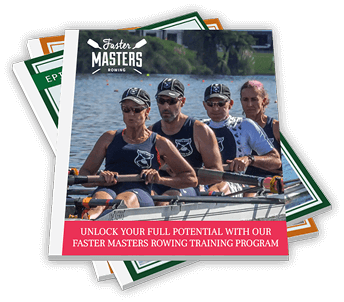Learn about what it's like to row in the Netherlands from the Royal Dutch Rowing Federation Chair Seada van den Herik.
Timestamps
01:00 Seada was an international rower prior to Atlanta 1996. She organised the Junior and U23 Championships in the Netherlands before moving into more administration leadership roles.
02:30 There are about 100 masters clubs in the Netherlands. The network is very strong from age 27 upwards including "mid-week" masters groups. There is also erg rowing and coastal masters groups. A solid, enthusiastic, self-organising group of masters.
04:00 The annual calendar
The Head of the River Amstel and the Heineken Regatta in Amsterdam both in March. There are other long distance races of 5-7km and some marathon rowing events. Recreational tours (20-30) happen each year. There are active mid week rowers who organise to row at each others' clubs too.
07:00 Innovations in masters rowing include collaborations with the German and Belgian federations co-ordinate joint "wander-rudern" touring events. A recent change in masters age categories was made to encourage student rowers to stay on in the sport after they stop studying. It is a pre-masters field from age 20-30. The race rules changed so the Masters A category is an average of 27 - this allows younger rowers to take part. It gives space for ex-students to grow into masters.
10:30 Adult novice rowing in the Netherlands
There are a lot of rowers joining aged 45 plus - people looking for a new sport join general clubs. They stay in the sport for 30-40 years. The Board now includes a novice master, Eric, to bring diversity to their group so they can understand the driving force for why adults start rowing.
13:00 Camps - the Touring Committee organise tours internationally (local and in UK, Germany and France). Masters want to keep on learning and developing and they see businesses offering clinics and camps for masters.
14:30 Future Plans
There are 5 committees for masters - the Masters (international); Mid-Week; Marathon; Recreational; and the Touring committee. The recreational group want to both have fun, be healthy and to progress and be challenged. There will be a focus on how to promote offerings for masters recreational rowers. There will also be a new focus on coastal and erg rowing for masters.
The ambitions are of the clubs and rowers, not the Federation - we stimulate their ambitions and exchange of information within clubs so we are the beating heart of the sport.The self-organisation of the network is great with super organisers and volunteers.

